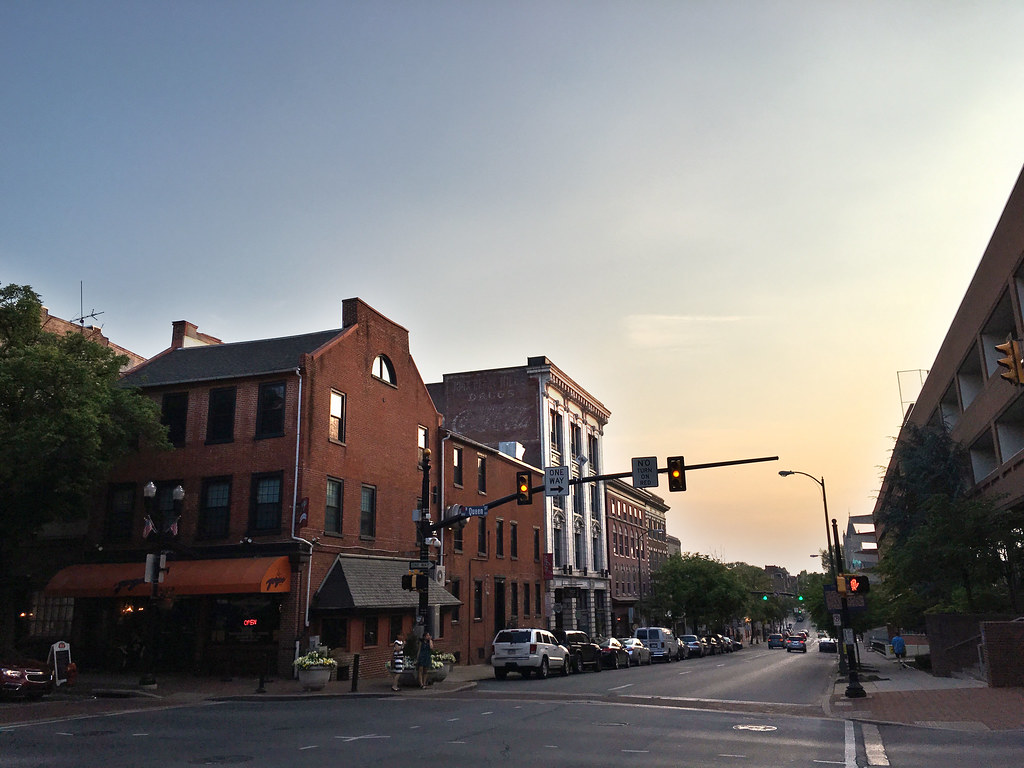Lancaster, PA High Purity Orbital Welding
High Purity Orbital Welding Service
Over 30 years of high purity fabrication experience allows our ASME certified staff to fabricate projects to the latest UHP and GMP practices. GDS combines state of the art orbital welding techniques, tooling technology, weld joint design, 3D CAD layouts, and manufacturing know how to maximize product quality and reduce fabrication costs.
Orbital welding can be performed onsite with a Mobile Orbital Welding System or be performed with a Computer Controlled Welding Lathe set up. Orbital welding is typically used where precise, repetitive, high quality welding results are required. Orbital welding also offers the ability to fully document the welding process by generating real time data acquisition printouts of the actual welding parameters.
GDS can provide a fully compliant documentation package consisting of:
Real time actual data acquisition printouts, Digital Borescope Inspection, Material Tracking, 3D as built drawings, Weld/Purge Gas Certification, Pressure / Helium leak Test Report, Passivation report per ASTM -A967
Some major benefits that come from using orbital welding over other techniques are: increased producitivity, extremely consistent weld quality, durable in any environment, and is always installed by professional specialists to ensure the process goes smoothly.

Orbital Welding in Lancaster, PA
Lancaster is one of the oldest inland cities in the U.S.. It is 71 miles west of Philadelphia and is snuggled along the north and west by the mighty Susquehanna River.
German immigrants, known as Pennsylvania Dutch, were the first to settle in the area in 1709. At that time it was known as “Hickory Town”. James Hamilton laid it out in building lots and out lots, and in May 10, 1729, it became the county seat. John Wright, a prominent citizen, gave it the name “Lancaster” after Lancaster, England where he formerly lived. The city is known as the “Red Rose City” due to its link to Lancaster, England. Lancaster became a borough in 1742, a charted city on March 10, 1818, and surrendered its ancient city charter and became a Third Class City under the laws of the Commonwealth of Pennsylvania on May 27, 1924.
Lancaster was an important munitions center during the Revolutionary war. It was National Capital of the American colonies on September 27, 1777, when the Continental Congress was fleeing British forces. From 1799 to 1812, Lancaster was the capital of Pennsylvania.
